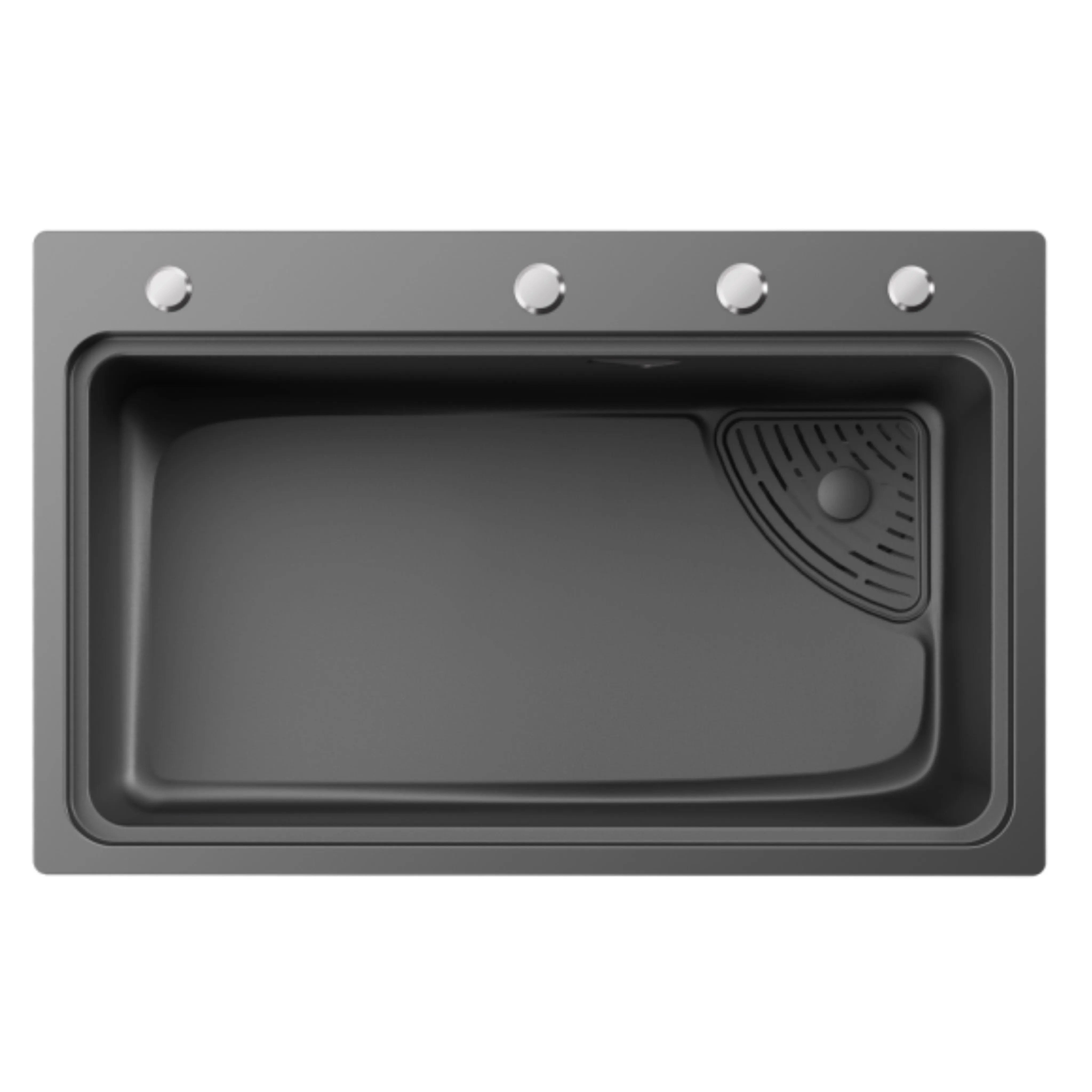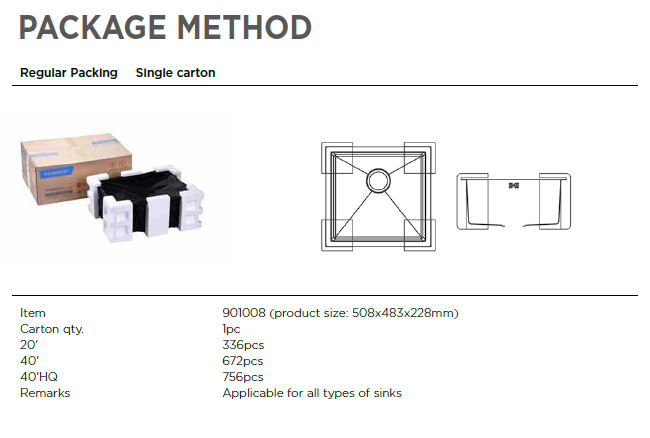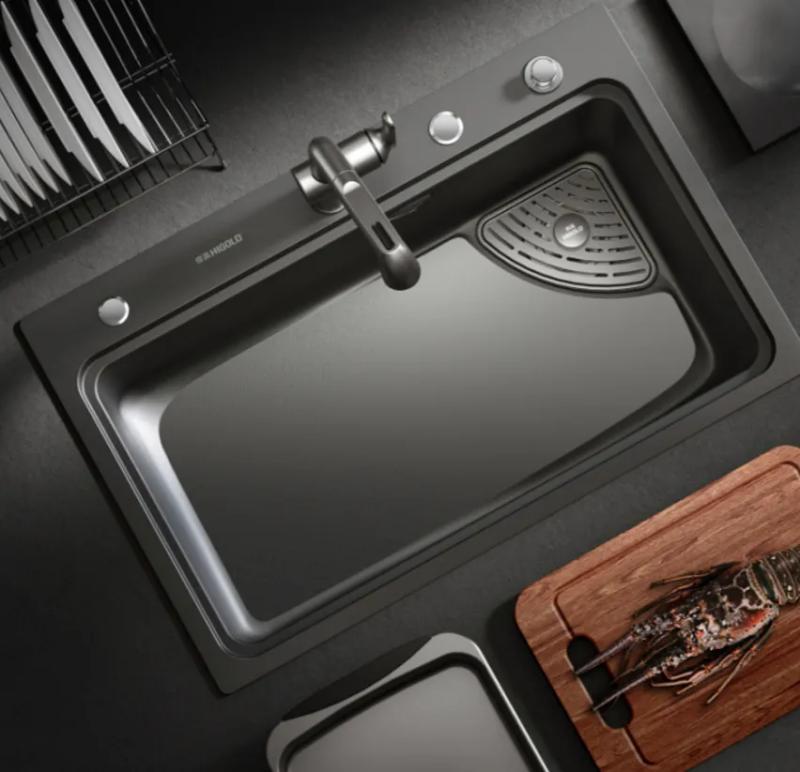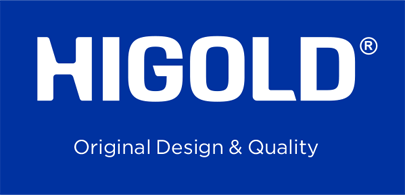As people's requirements for kitchen design and quality of life continue to increase, the choice of kitchen sinks is no longer limited to materials and shapes, and more and more innovative technologies are beginning to enter the vision of consumers. Nano kitchen sink, as a new type of sink material, has quickly become a leader in the kitchen sink market with its excellent anti-fouling, waterproof and antibacterial properties. Although nano kitchen sink has gradually gained widespread attention in the past few years, many consumers still have certain misunderstandings about it.
Therefore, this article will deeply analyze what nano kitchen sink is, its unique advantages and application areas, and the issues that need to be paid attention to during selection and use.

What is a nano kitchen sink?
A nano kitchen sink refers to a kitchen sink whose surface has been treated with nanotechnology. The surface coating of this sink is usually made of nano-level materials, which can change the structure of the sink surface at the microscopic level, giving it a series of excellent properties such as anti-scale, anti-oil, and anti-bacteria. Nanotechnology refers to the technology of processing and transforming substances at the nanoscale (usually between 1 and 100 nanometers), which can give the surface of the substance new functionality and performance. Sinks treated with nanotechnology can effectively reduce stain adhesion during long-term use, simplify the cleaning process, and thus improve the hygiene and user experience of the kitchen.
Nano kitchen sink does not mean that the material of the sink itself is completely made of nano materials. In fact, most nano kitchen sinks still use common materials such as stainless steel, quartz, ceramics or composite materials as the main body of the sink, and nanotechnology is mainly used for the surface treatment of the sink. This surface coating can form special properties such as superhydrophobic or superhydrophilic, giving the sink a unique self-cleaning and anti-fouling ability.
What are the main features of nano kitchen sink?
• Strong anti-fouling ability: The surface of the nano kitchen sink is treated with a special coating, which gives it excellent anti-fouling ability. The nano coating on the surface of the sink changes the microstructure so that water droplets can slide off quickly, reducing the contact area between water and stains and the surface, thereby preventing the adhesion of oil stains, stains and scale. This superhydrophobic surface allows the sink to stay clean for longer during use, reducing the need for frequent cleaning.
• Antibacterial properties: Nano kitchen sinks can also effectively inhibit the growth of bacteria and microorganisms. Nano coatings usually have certain antibacterial functions, which can prevent bacteria from adhering to the surface of the sink and reduce the chance of bacterial reproduction. This property makes nano kitchen sinks excellent in keeping the kitchen clean and hygienic, especially for households or catering industries where food processing is frequent.
• Wear resistance and durability: The surface coating of nano kitchen sinks usually has strong wear resistance and durability, and can maintain its appearance and performance during long-term use. Compared with traditional sinks, nano kitchen sinks can better resist scratches and wear, reducing scratches and surface aging caused by daily use.
• Easy to clean: Because the surface of nano kitchen sink is smooth and has super hydrophobic properties, water and dirt slide off easily and are not easy to stay on the surface. Users only need to rinse with clean water or wipe gently to remove stains on the surface of the sink, which greatly reduces the frequency of using chemical cleaners in the traditional sink cleaning process. This makes kitchen cleaning easier and more convenient.
• Corrosion resistance: Nano coating can also effectively increase the corrosion resistance of the sink surface, especially in an acidic or alkaline environment, which can effectively prevent the sink surface from being eroded. After long-term use, the appearance and function of the sink will not be affected by corrosive substances, maintaining a longer service life.

Material and process of nano kitchen sink
The material of nano kitchen sink is generally similar to that of traditional kitchen sinks, including stainless steel, quartz composite materials, ceramics and artificial stone. However, the surface of the sink treated with nano technology has many special properties that conventional sinks do not have.
• Stainless steel nano kitchen sink: Stainless steel sinks are popular for their durability, corrosion resistance and easy cleaning. Stainless steel sinks treated with nano coating are more excellent in anti-fouling, antibacterial and scratch resistance. Nano coating not only makes the sink smoother and reduces the adhesion of stains, but also makes the water flow smoother, thereby improving the overall user experience.
• Quartz composite nano kitchen sink: Quartz composite sinks are made of a mixture of natural quartz and resin, and usually have high hardness, wear resistance and impact resistance. Quartz composite sinks treated with nanotechnology can further enhance their anti-fouling, anti-scale and anti-bacteria functions while maintaining the high durability and stability of quartz sinks.
• Ceramic nano kitchen sink: Ceramic sinks are popular for their classic appearance and sturdy performance. The application of nanotechnology makes the surface of ceramic sinks smoother and more resistant to stains. The combination of the high temperature resistance of ceramics and nano coatings makes ceramic sinks more suitable for high-temperature cooking environments.
• Artificial stone nano kitchen sink: Artificial stone sinks are usually made of a mixture of natural stone and resin, and are sturdy, wear-resistant and anti-fouling. Artificial stone sinks treated with nanotechnology have better performance in surface finish, scratch resistance and anti-fouling, reducing wear and stain accumulation that may be encountered in daily use.

What are the advantages of nano kitchen sinks?
• Reduce cleaning difficulty: One of the biggest advantages of nano kitchen sinks is that they reduce the difficulty of cleaning. Traditional sinks often accumulate oil, scale and bacteria after long-term use, while nano kitchen sinks can prevent the adhesion of these substances through the special coating on their surface. Even if there are stains, they are easy to clean, and in some cases, they can be cleaned with just clean water.
• Improve kitchen hygiene: Due to the antibacterial function of nano kitchen sink, bacteria and mold are not easy to grow on the surface of the sink, which means that nano kitchen sink can effectively reduce the risk of cross contamination. Especially in the process of handling fresh ingredients, the antibacterial property of nano kitchen sink can provide users with a more hygienic operating environment.
• Extend the service life of the sink: The nano coating has strong wear resistance and corrosion resistance, making the sink less susceptible to damage even in long-term use. Scratches, stains and spots on the surface of the sink are less likely to appear, thereby extending the service life of the sink.
• Reduce scale accumulation: The nano kitchen sink uses the super hydrophobic property of the surface to prevent water droplets from staying on the surface, reducing the accumulation of scale. Traditional sinks are prone to scale formation on the inner wall of the sink during use, while the design of nano kitchen sinks effectively avoids this problem and keeps the sink bright and tidy.

What are the disadvantages of nano kitchen sinks?
Although nano kitchen sinks have many advantages, they also have some potential disadvantages that consumers need to consider when purchasing.
• Higher price: Nano kitchen sinks are usually more expensive than traditional sinks due to their special surface treatment process. Therefore, consumers with limited budgets may need to weigh the relationship between performance and cost.
• Surface coating may wear: Although the coating on the surface of nano kitchen sinks is wear-resistant, long-term use or overly rough cleaning methods may still cause the coating to wear, affecting the anti-fouling and antibacterial properties of the sink. Therefore, during use, you need to pay attention to choosing the right cleaning tools to avoid damage to the surface coating.
• Limited scope of application: Although nano kitchen sinks are outstanding in cleaning and anti-fouling, they are not suitable for all kitchen environments. For example, some types of nano coatings may lose some of their functions in environments with long-term contact with strong acids or strong alkalis. Therefore, when choosing a nano kitchen sink, you need to make a choice based on the actual use environment.
Why Choose Higold Group for High-Quality Kitchen Sinks and Faucets?
Higold Group, established in 2004, is a leading Chinese manufacturer of premium kitchen hardware, specializing in high-quality stainless steel sinks and faucets. Our products are known for their durability, precision, and innovative design. With over 2,000 employees and a production facility covering 200,000 square meters, we offer customized solutions at affordable prices. Whether you want to buy in bulk or need wholesale options, Higold ensures timely delivery and excellent product quality for all your kitchen needs.


